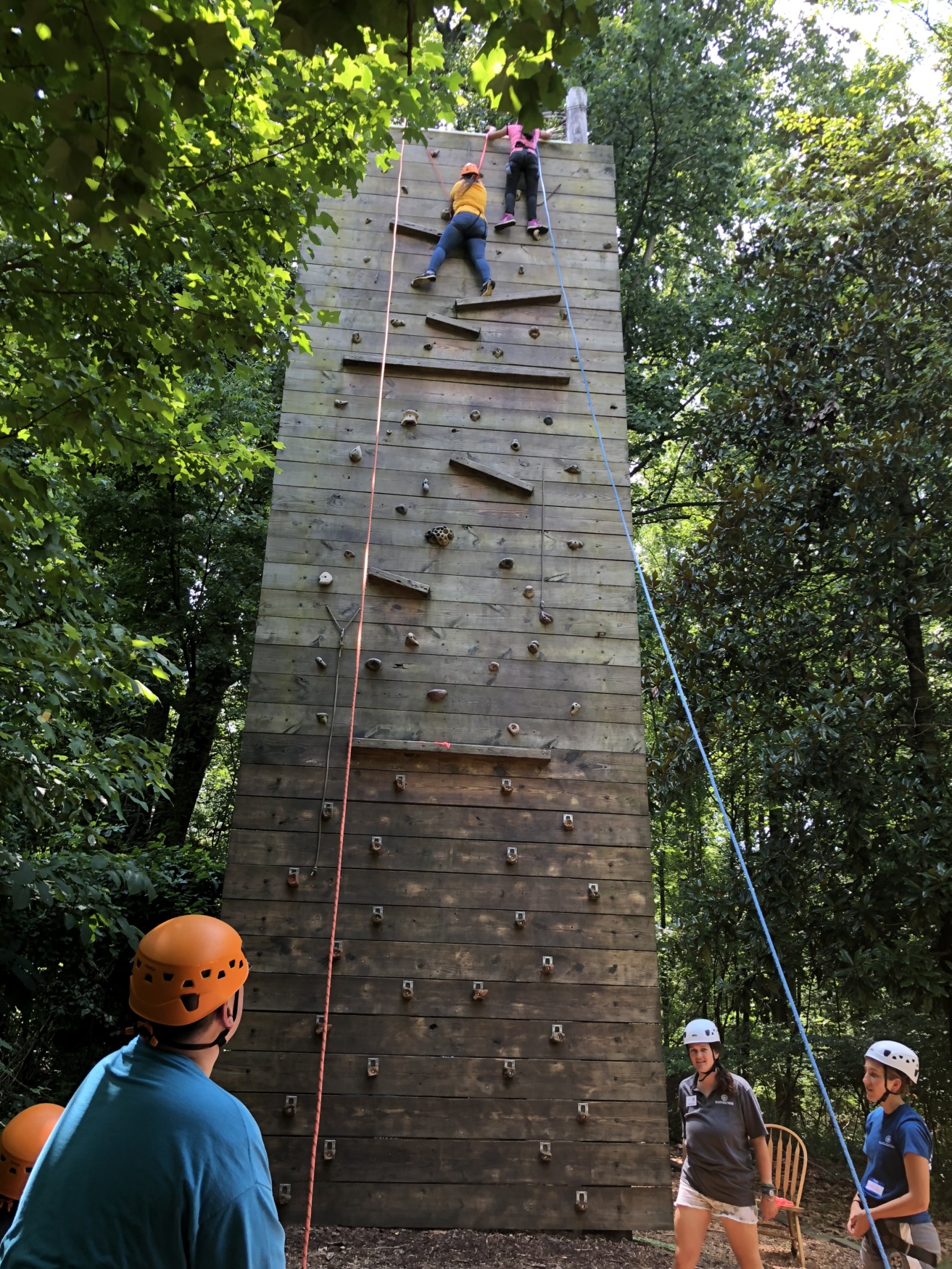Students at the Esperanza Center are setting the summer slide in reverse by enrolling in a five-week summer session of academic studies accompanied by historical, cultural and recreational field trips.
The program is designed to serve middle- to high school ESOL students. ESOL stands for English Speakers of Other Languages.
According to Educational Services Manager Diana Siemer, there are 60 ESOL students registered for the 2019 summer program.
“Most of the students are newcomers who’ve arrived in Maryland within the last two years,” said Siemer. “The families and the students embrace the program to prepare for school, make friends and learn more about Baltimore and the surrounding area.”
Siemer noted that the ESOL students receive breakfast, lunch, a t-shirt, water bottle, and a small string backpack filled with school supplies.
Iliari Gutierrez is managing the summer program with the assistance of Esperanza’s AmeriCorps VISTA volunteer, Lindsay Robbins. AmeriCorps has been incredibly helpful in implementing the summer program, according to Gutierrez and Siemer. In addition to AmeriCorps, there are four professional ESOL teachers, four volunteers from Baltimore YouthWorks and four graduate counseling student who will work directly with the children.
Over the course of the five weeks, the students will take historical field trips to Fort McHenry, the Walters Art Museum and Washington, DC. Once a week, the students will swim at St. Vincent’s Villa, a Catholic Charities residential treatment program for children experiencing emotional and behavioral challenges as a result of trauma. While on the campus of St. Vincent’s Villa, the students will work with a music therapist.
One of the most unusual aspects of the summer program is a series of team-building and trust exercises designed for the high school ESOL students and led by the Chesapeake Bay Outward Bound School in Leakin Park in partnership with the Baltimore City Police Department. Through the exercises, the police are partnered with students to complete a range of challenges, including a high ropes course and climbing rock walls.
The key to making this program work, according to Siemer, is having the support of volunteers and several key grantees including the Abell Foundation and the Summer Funding Collaborative (which is comprised of the Clayton Baker Trust and the Harry and Jeannette Weinberg Foundation), along with several smaller funders.

